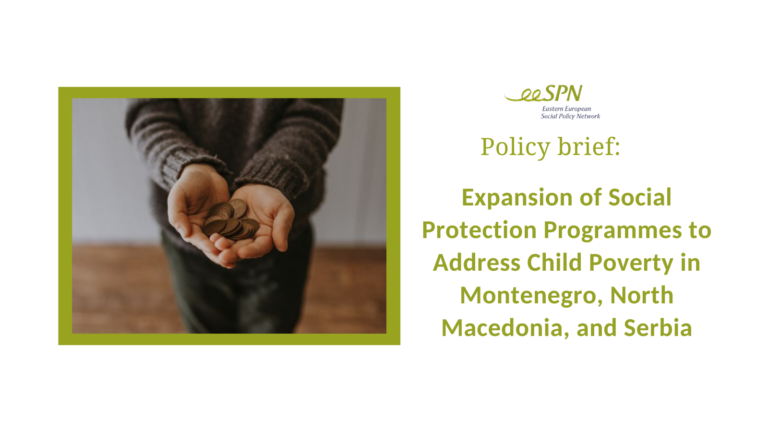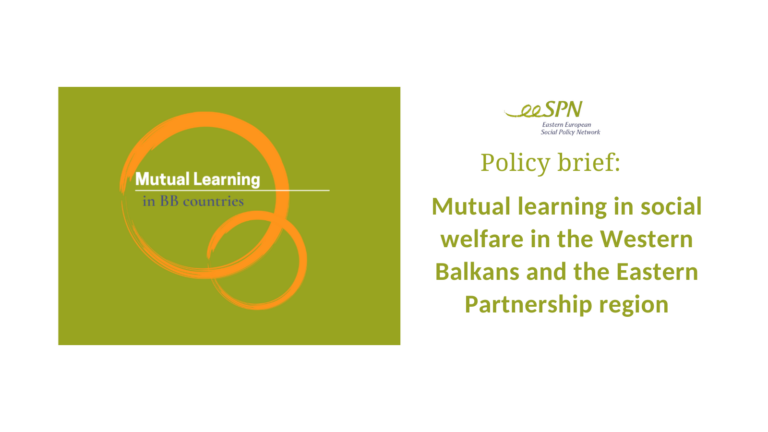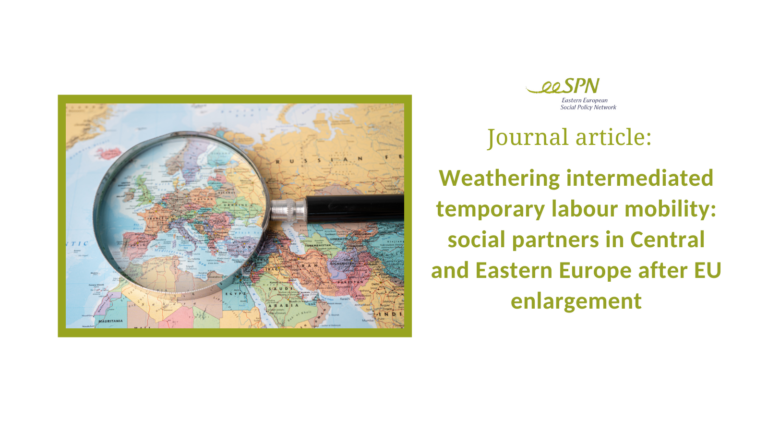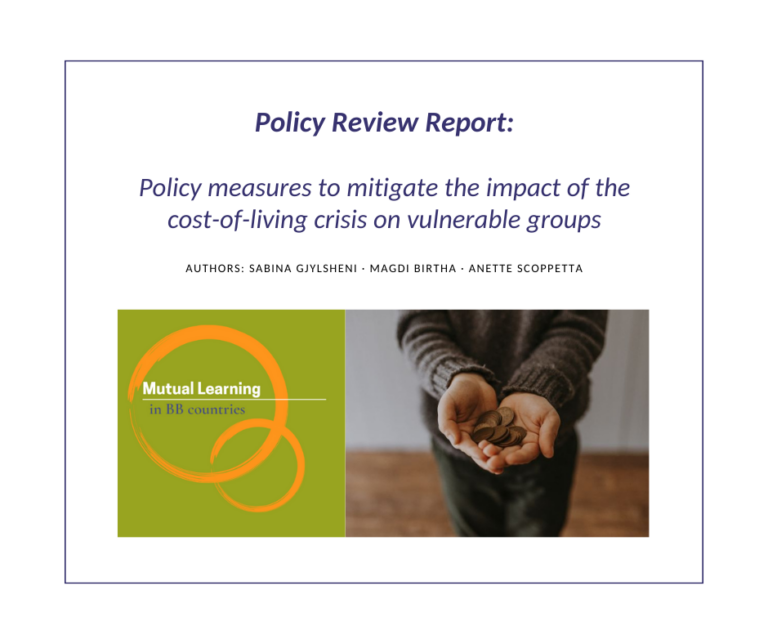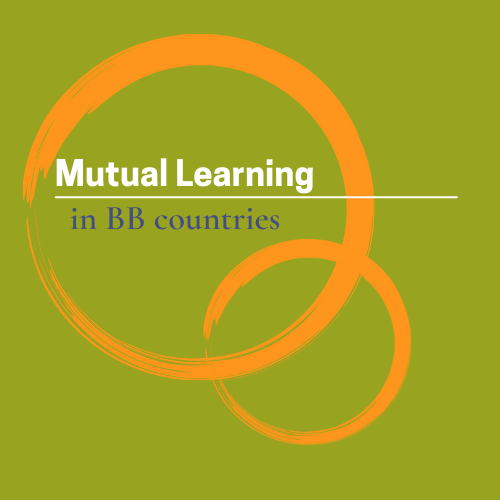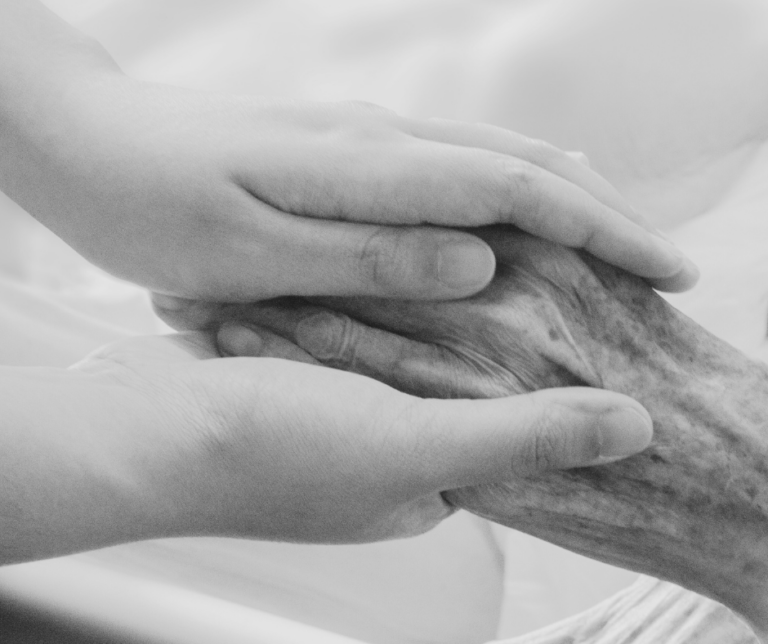Evaluation findings of the BB Peer Reviews and Trainings project
This issue features evaluation findings of the bridge-building Peer Reviews and Trainings project in an infographic. The policy brief on key findings of these mutual learning activities implemented by the European Centre together with its partners in the bridge-building countries provides further background and insights. Check out the April issue of our newsletter!


